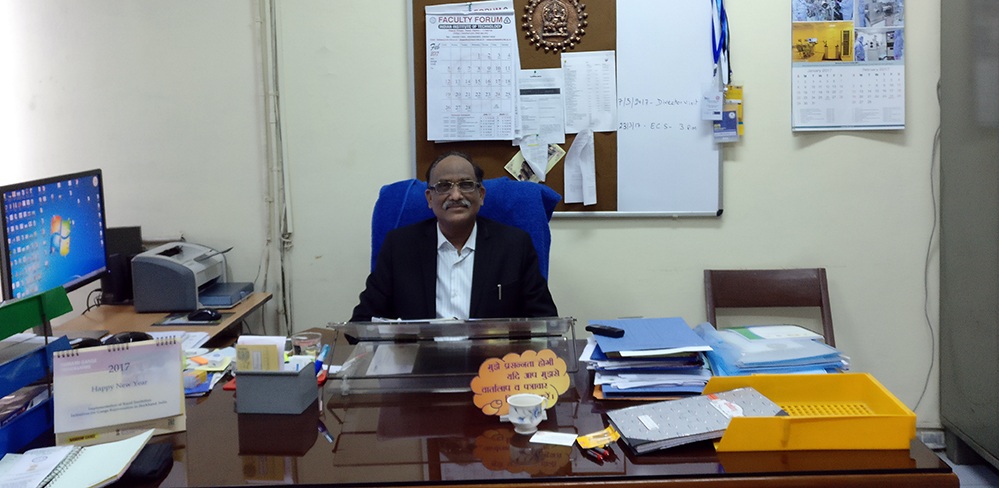ENG | हिंदी

शिक्षित भारत-स्वस्थ भारत- स्वच्छ भारत- स्वावलंबी भारत- संपन्न भारत

Urine capsules, dung insect repellent, meet the people behind iit delhi's cow research project
Last week, the Scientific Validation and Research on Panchgavya project, coordinated by the Indian Institute of Technology in Delhi, internally approved 34 proposals for research into panchgavya – a concoction of five products and derivatives from cows including milk, dung, urine, ghee (clarified butter) and curd.
These now await an external review by the Ministry of Science and Technology, which is funding the project, and bodies such as the Indian Council of Agricultural Research and Indian Council of Medical Research.
If the proposals receive their approval, participating scientists will study the capacity of indigenous cows to absorb hazardous chemicals and heavy metals into their flesh, work towards creating a chip that can tell between the A1 milk of foreign or cross-bred cows and the A2 milk of their indigenous counterparts – they are distinguished by the position of a single protein in the molecular chain – and standardise the process of making ghee. They will also explore ways to produce capsules of distilled cow urine for the treatment of dengue, and cow-dung bricks that absorb ultraviolet radiation. Scientists and doctors have already conducted preliminary studies in these areas. Over the next five years, the project will test their technology and validate their research.
When the project and the centre’s head, Vijendra Kumar Vijay, started his career at an agricultural university in Udaipur, Rajasthan, in 1988, he worked toward a far less controversial goal: producing fuel. Sitting at his desk, with another painting of cows on the wall behind him, Vijay said, “I was already dealing with cow dung due to my interest in biogas.” In 2014, Vijay was in the news for making a car run on the fuel, which is produced from organic material such as agricultural and municipal waste and sewage.
His interest in a “cow-based economy” is more recent. It began in September 2002 with a conference on the subject at IIT-Delhi, he explained. “Dr Harsh Vardhan chaired and I was organising secretary, and people from over 1,000 cow shelters across the country participated, along with minsters and bureaucrats,” he said. “[It] generated interest in the IIT system.”
Vardhan, who was a member of Parliament from the Bharatiya Janata Party then, is now minister of science and technology. But in the years after the conference, the subject received no interest from the Congress-led United Progressive Alliance, which was in power till 2014. This changed when the BJP-led National Democratic Alliance came to power that year. And in November last year, Minister of State for Ayush Shripad Yesso Naik announced in the Lok Sabha that the government intended to undertake research and academic activities to promote the use of cow urine, especially its “anti-cancer and anti-infective” properties.
All this while, Vijay, 53, continued to be involved in research on the “efficacy of cow urine” as a mosquito repellent and insecticide at the Mahatma Gandhi Institute for Rural Industrialisation in Wardha, Maharashtra, till 2008. He also worked with the Go-Vigyan Anusandhan Kendra, a cow science research centre, in Nagpur that is already using cow urine for treatment in its hospitals. Does it work? “Yes,” he said.
